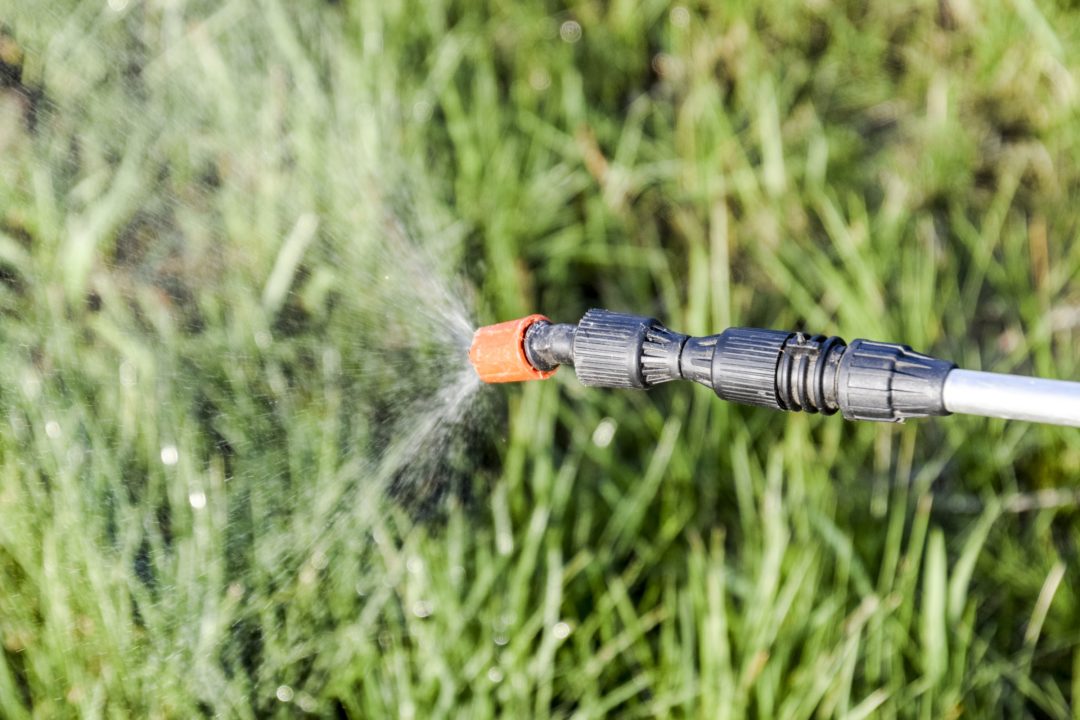A major portion of its plan: Bayer will remove glyphosate from products in the U.S. residential Lawn & Garden market, replacing the ingredient with “new formulations that rely on alternative active ingredients” beginning in 2023, subject to a review by the EPA and state counterparts, according to the press release, which further states that “this move is being made exclusively to manage litigation risk and not because of any safety concerns.” Glyphosate will still be available in the U.S. professional and agricultural markets, as the “vast majority” of claims come from Lawn & Garden market users.
Bayer will also engage in discussions with EPA about Roundup labels with the goal of providing more information to users about the science, as another step towards ensuring more informed purchasing and application decisions. The company will launch a website by the end of 2021 featuring scientific studies relevant to the safety of Roundup.
The press release also addressed Bayer’s response to ongoing litigation, noting that the company hopes for a favorable decision from the Supreme Court regarding federal preemption, which would largely end the Roundup litigation. There is also the possibility that the Supreme Court will either decline to hearthe Hardeman caseor issue a ruling in favor of the plaintiff, in which case the company would activate its own claims administration program. Bayer is allocating $4.5 billion to cover litigation costs.
Related: Core Human Gut Bacteria May Be Sensitive to Glyphosate, Study Finds EWG Finds High Glyphosate Levels in Hummus Germany to Ban Glyphosate
“We want to provide comfort to our investors that the glyphosate litigation exposure should now be reasonably accounted for and leaves significant upside in the event of a favorable Supreme Court decision on the case,” said CEO Werner Baumann. “It is important for the company, our owners, and our customers that we move on and put the uncertainty and ambiguity related to the glyphosate litigation behind us. This clarity should also allow informed investors to direct their focus on operational performance, the quality of Bayer’s businesses and its intrinsic value.”In 2015, the World Health Organization classified glyphosate as “probably carcinogenic to humans.” In August 2018,Dewayne Johnson wona verdict finding that Roundup caused his non-Hodgkin’s lymphoma. In May 2019, a California jury awarded $2 billion to Alva and Alberta Pilliod,having found that their non-Hodgkin's lymphoma was caused by glyphosate. In September 2020, Bayer settled thousands of U.S. Roundup lawsuits as part of an $11 billion settlement over allegations that its herbicide caused cancer—Reuters reportedthat the settlement covered 15,000 lawsuits, and that Bayer estimates it faces 125,000 filed and unfiled claims.
As You Sow,a nonprofit organization promoting environmental and social corporate responsibility, released a statement on the topic. Christy Spees, Environmental Health Program Manager, said: “While Bayer’s action to remove glyphosate from lawn and garden products will protect the company from future lawsuits of this kind, it does not sufficiently protect public health. Industrial agriculture continues to use glyphosate on wheat, oats, beans, and other crops only days prior to harvest (known as pre-harvest crop desiccation), leaving toxic residues on our food and creating a host of environmental harms. We need to see a fundamental shift in how chemical companies approach risk. It’s not just what they may lose from legal action, but what we all lose from threats to public health and environmental degradation. While removing glyphosate from lawn and garden products is a good outcome, we cannot afford to underestimate the threats of this toxic chemical to our food system. We encourage Bayer and other chemical companies to remove glyphosate from all of its products to avoid risk to their customers—and investors.”









